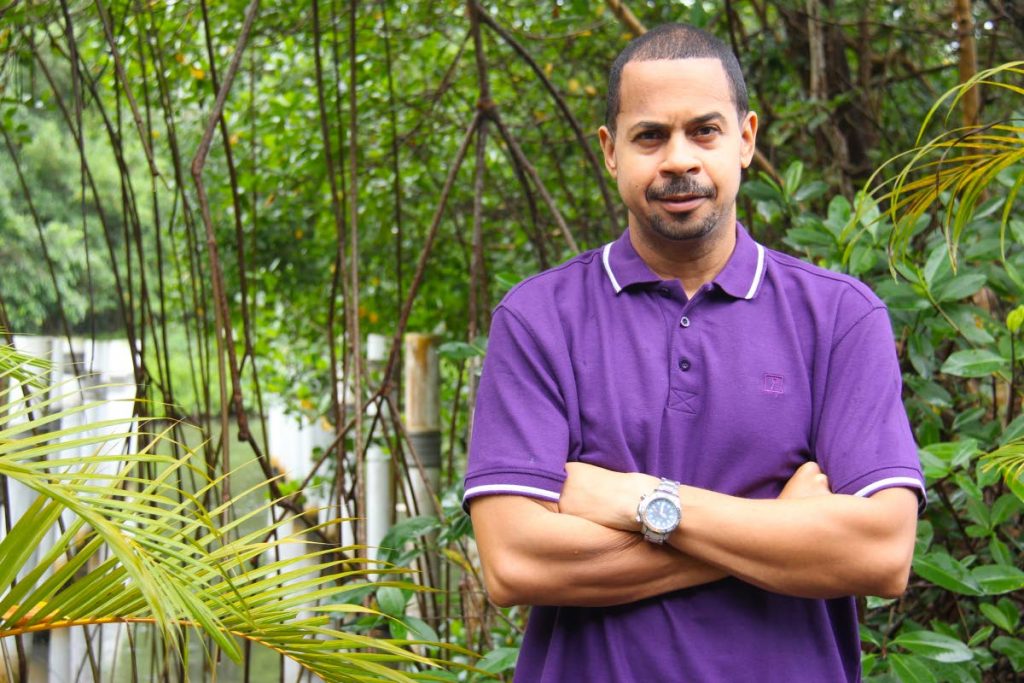Conservation isn't in our nature

MINISTER of Planning and Development Camille Robinson-Regis recently warned that TT could lose up to US$1 billion in biodiversity resources and services, tourism, and other economic activity as a result of climate change. It's good to hear a government minister sound alarm bells over climate trends that will affect us all.
Her warning, however, seems at odds with the opening of the hunting season – prioritised over other sectors as the pandemic grinds on.
The issuance of licences to kill under the current circumstances demonstrates government's continued endorsement of hunting as a legitimate commercial activity. Thousands of “state game licences” are issued every year. That estimate, as an indicator of the number of hunters harvesting wildlife, is conservative, as it doesn't account for the vast number of poachers.
Several years ago, Minister of Agriculture and Doyen of Dining Etiquette Clarence Rambharat said it is impossible to enforce bag limits – restrictions on the number of animals a hunter can kill. He admitted seeing pictures of large-scale hunting, but was advised it wasn't a concern at present. He didn't mention who advised him.
Questioned about the pictures, Rambharat flippantly responded, "That is part of what happens.” Unbelievable! Mr Rambharat seemed unaware he had just made a case for the banning of hunting in TT.
Bag limits are enforced in countries where conservation and common sense are supported through policy and proper resourcing. If it's impossible to regulate hunting, then it should be disallowed. The advice that “it's not a concern at this time” is astounding.
Game wardens, the only line of defence against unchecked hunting, have traditionally been outgunned and outmanned in the forests. This column has always held the view that our wildlife is worth more to us alive than dead. Hunting serves the narrow commercial and recreational interests of the few. Protection of biodiversity serves us all.
TT society as a whole is either ignorant of or apathetic towards our impact on the natural world.
This became clear to me when I produced the nature television show Bush Diary with Robert Clarke. Someone wrote me after the airing of an episode on the Bush Bush Sanctuary in Nariva with the curious question: “If my daughter doesn't know about the wildlife in Nariva, what difference does it make to her if it isn't there any more?”
That question was both heartbreaking and illuminating.
Few citizens appreciate the relationship between healthy ecosystems and human health and well-being. Biodiversity is the engine that drives ecosystems, ecosystems are responsible for clean air, fresh water, medicines, and food security. They are also key to stabilising the climate.
Humans aren't born with an understanding of how biodiversity affects our lives. We must be taught. Unfortunately, public education is one of the many weaknesses in TT. It's also one of the reasons I created the Bush Diary television series. I wanted people to learn about our wildlife and the importance of conservation.
Every year, I would approach 150 companies to buy advertising time in the series, which I would have to pay local television stations an exorbitant sum to broadcast. My exhaustive efforts never secured advertising revenue from more than five companies.
That revenue was for both Bush Diary and another TV show I was producing, The Road Less Travelled, a television series on TT's culture and history. Advertisers were only willing to invest if they could get ad spots in both shows, sort of like a buy-one-get-one-free deal.
I was blanked by companies with massive marketing budgets, even though I was able to show that both TV programmes enjoyed tremendous public support. The corporate gatekeepers weren't interested in what interested their customers.
At the time, Bmobile told me a nature show didn't fit any of their “lines of business.” As lines of BS go, that was among the most jaw-dropping I'd got. Bmobile was in a marketing campaign of attrition with Digicel, spending countless millions in a proxy war fronted by the faces of local socasonians and chutneysonians. Digicel took a hard pass on Bush Diary as well.
Corporate TT sinks millions into fete and drink because it usually provides cash-in-hand returns. The benefits of a more enlightened, educated and civic-minded society are infinitely greater, but harder to measure on balance sheets. It's no wonder this country is drowning in the dividends of ignorance.
Wildlife and environmental conservation do not occupy our minds because we lack the public education that drives understanding of our dependence on them. Consequently, conservation just isn't in our nature.

Comments
"Conservation isn't in our nature"